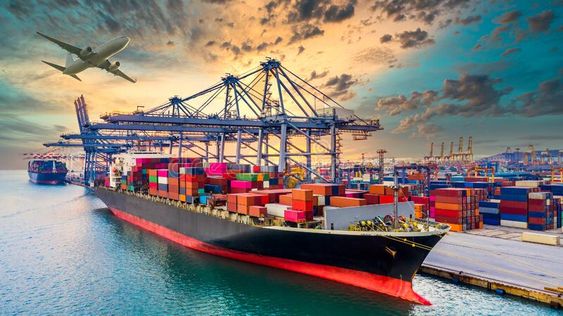Engaging in trade with France offers vast opportunities, but it comes with risks. Knowing how to manage international trade risks to France is essential for businesses to thrive in the European market. This guide breaks down practical strategies to safeguard your cross-border operations.
1. Regulatory and Political Risk Assessment
Stay Informed on French Policies
French regulations evolve regularly. Monitor changes in import duties, environmental laws (like the Anti-Waste Law for Circular Economy), and sector-specific rules. For instance, tech products must comply with French cybersecurity directives. Subscribe to government bulletins and industry associations for updates.
Navigate EU-wide Regulations
As a member of the EU, France adheres to bloc-wide policies. Understand directives on product safety (CE marking requirements), data protection (GDPR), and customs procedures. Non-compliance can lead to fines or product seizures.
2. Financial Risk Mitigation
Currency Volatility Management
Fluctuations between the Euro and Chinese Yuan can erode profits. Use forward contracts or currency options to lock in exchange rates. Analyze historical trends and consult financial advisors to predict market movements.
Credit Risk Prevention
Before partnering with French clients, conduct thorough credit checks. Request bank references and review their payment history. Opt for secure payment terms like irrevocable letters of credit (LCs) for large orders.
3. Supply Chain Resilience Building
Diversify Supplier Networks
Relying on a single supplier increases vulnerability. Identify alternative sources in China and neighboring regions. Maintain regular communication to assess their production capacity and financial stability.
Logistics Contingency Planning
Shipping delays are common. Factor in buffer times for sea freight (30-40 days) and air freight (3-5 days). Consider multiple carriers and routes to avoid disruptions from port strikes or customs backlogs.
4. Contractual Risk Management
Clear Contractual Terms
Draft contracts that specify delivery schedules, quality standards, and payment milestones. Include clauses for force majeure events (e.g., natural disasters) and dispute resolution mechanisms like arbitration.
Bilingual Contractual Documents
Since French is the official language in business dealings, ensure contracts are bilingual (French and English). Hire professional translators to avoid misunderstandings caused by language nuances.
5. Intellectual Property Protection
Trademark and Patent Registration
Register trademarks and patents in France and through the EU Intellectual Property Office (EUIPO). Conduct prior art searches to avoid infringement claims. Use non-disclosure agreements (NDAs) with partners to protect trade secrets.
Monitoring and Enforcement
Regularly monitor the market for IP violations. Engage local legal firms to take action against counterfeiters promptly.
6. Reputation Risk Management
Quality Control and Compliance
Maintain strict quality control processes. Ensure products meet French consumer safety standards. Public recalls due to quality issues can severely damage your brand.
Crisis Communication Strategy
Develop a crisis management plan. In case of disputes or negative publicity, respond promptly and transparently to stakeholders.
In conclusion, effectively managing international trade risks to France requires a holistic approach. By assessing regulatory landscapes, mitigating financial uncertainties, strengthening supply chains, solidifying contracts, protecting IP, and safeguarding your reputation, businesses can thrive. For further expertise, companies like China Top Freight offer industry insights. Remember, mastering how to manage international trade risks to France is the key to sustainable cross-border success.Utilize China Top Freight to help solve the problems you are facing. Contact us today to embark on your smooth transportation journey!


